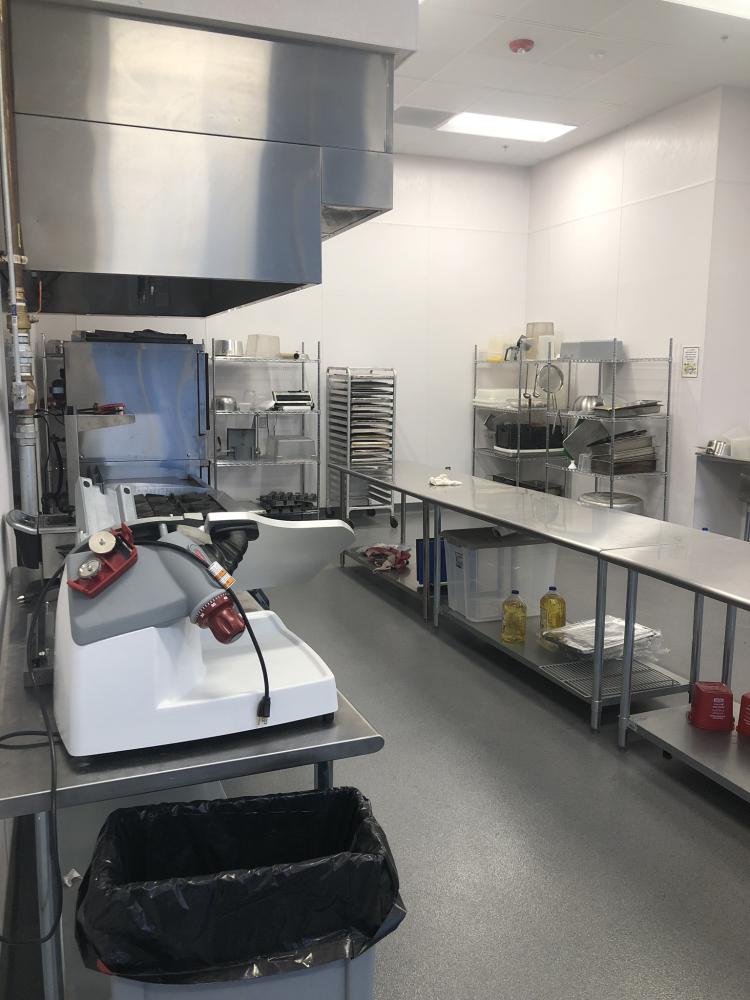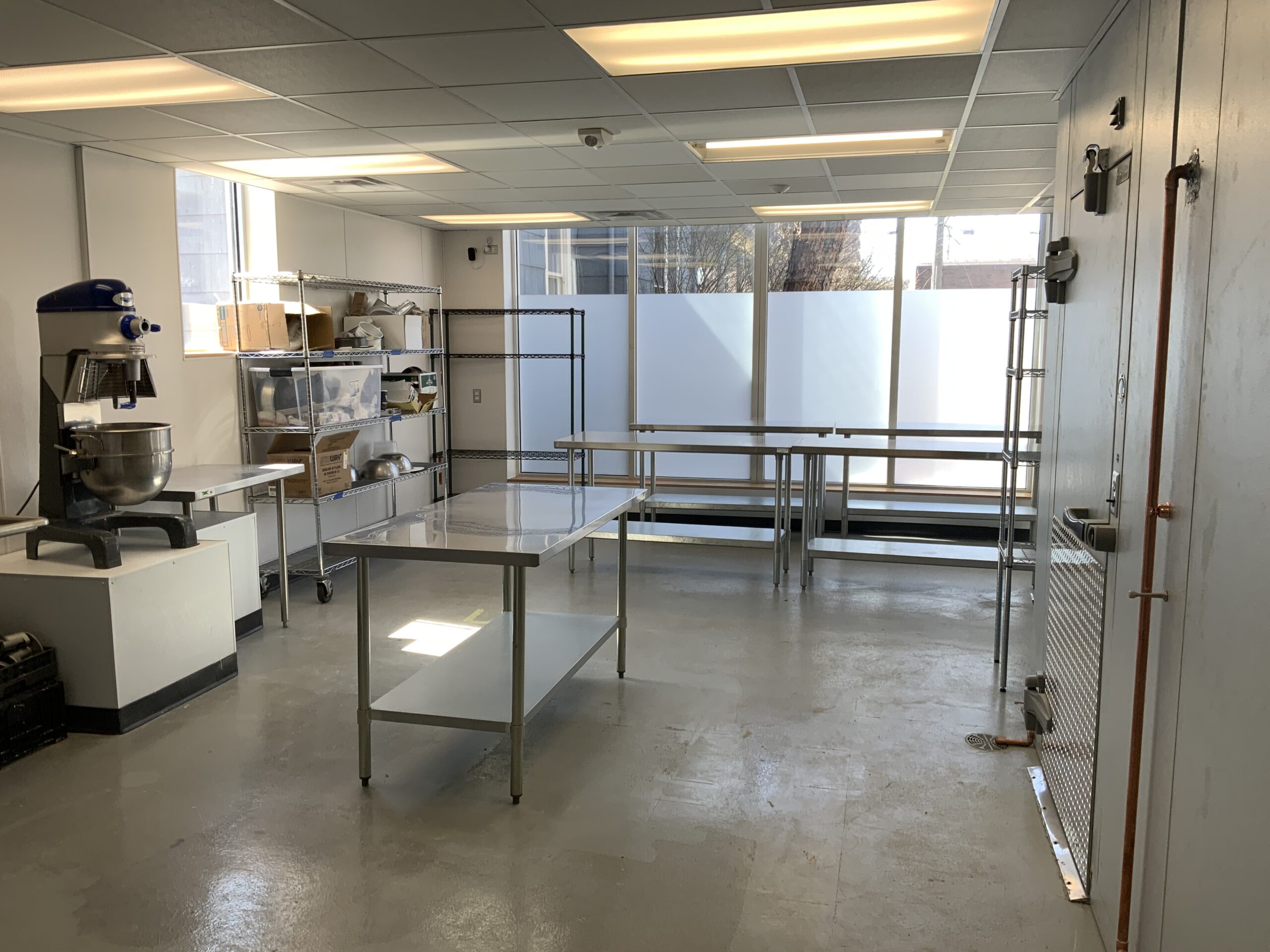

The upshot is about 40 independent enterprises operating out of one kitchen. The program, a nonprofit, also offers practical business training and mentoring.

A communal dimension is a core of the enterprise - but it’s at the back end: a shared commercial kitchen, used primarily by low-income women, mostly immigrants, who want to build a food business but wouldn’t have the resources to do so on their own. For an example of how this gets reconciled by a “kitchen incubator,” it’s useful to look at one of the better-known examples of the form, La Cocina, in San Francisco, which opened in 2005. Markets and communities have similarities but also differences. On the other hand, none of that quite fits with the goal of a typical business incubator, which is to help start-ups achieve success in the marketplace.

The concept has all the foodie do-gooder trimmings, often involving local cooks making cuisine linked to their immigrant backgrounds. Surely this has contributed to the interest in “incubator” programs designed to give new opportunities to aspiring food entrepreneurs. Eaters can form communities of a sort, and businesses are built catering to them. For some, the old cliché that you are what you eat has taken on increasingly complex implications: food choices can be a stand-in for social, ideological, even political identity and beliefs.


 0 kommentar(er)
0 kommentar(er)
